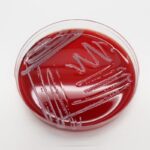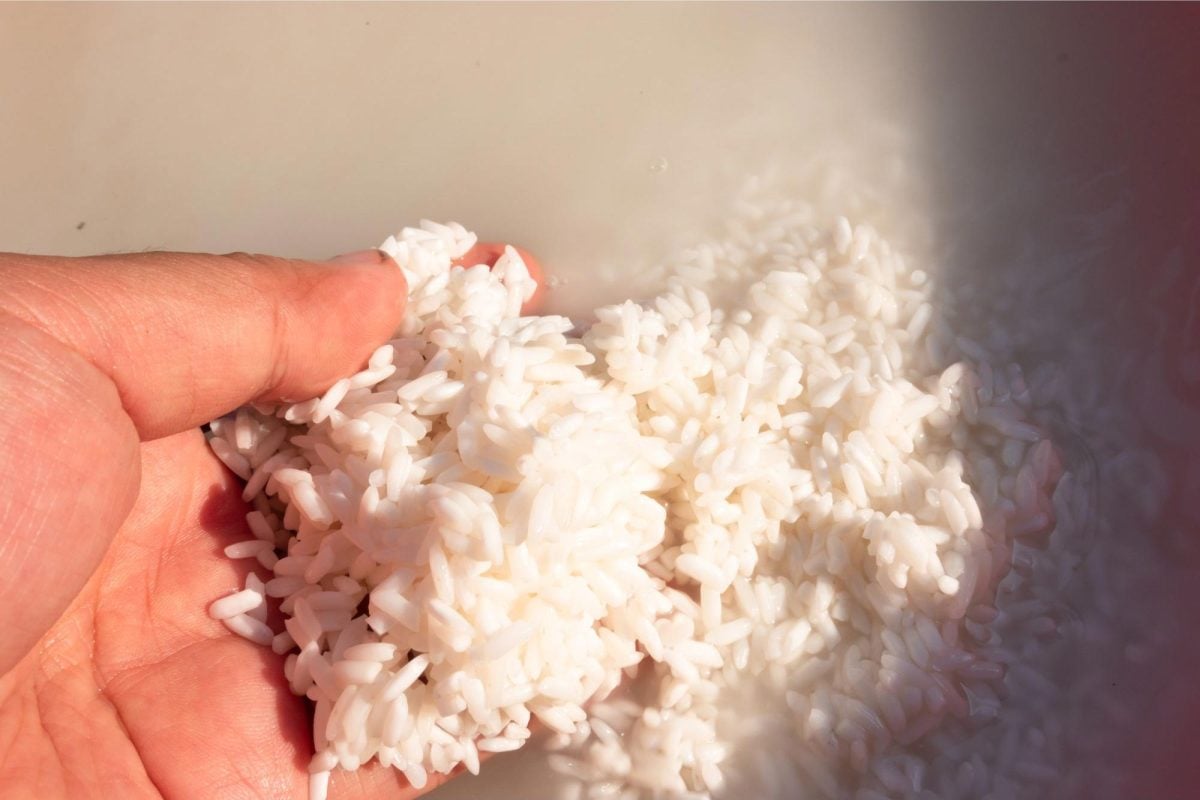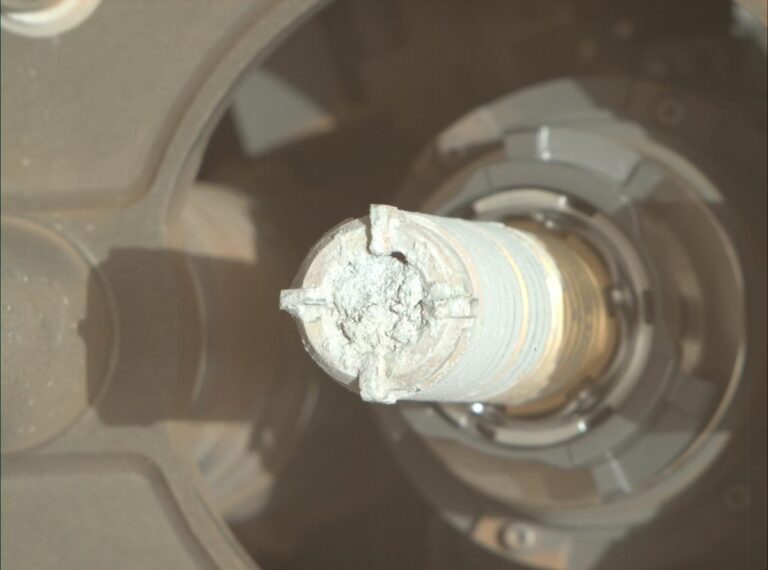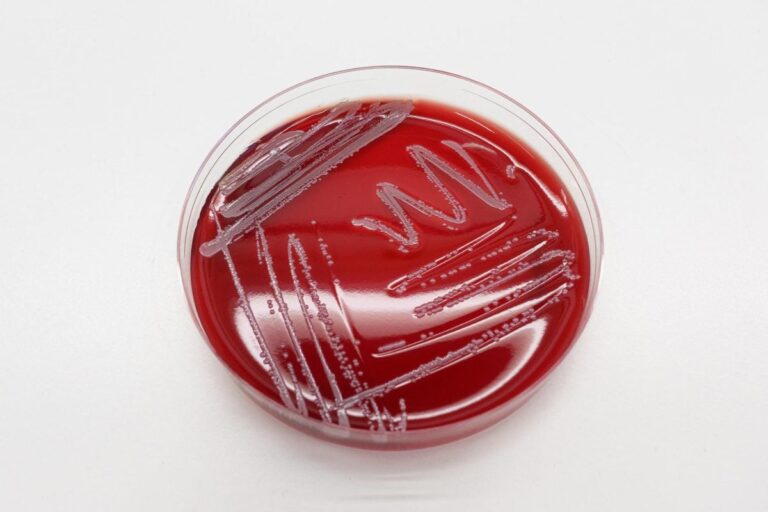In a remarkable discovery, researchers have found that the waste byproducts from traditional rice wine fermentation contain compounds that could promote longevity and overall health. The study, focused on tapuy, a traditional Filipino rice wine, reveals that the solid residues left after fermentation—known as lees—are rich in polyphenols, powerful antioxidants linked to anti-aging and disease prevention.
The Hidden Potential of Rice Wine Waste
For centuries, tapuy has been a staple in Filipino culture, brewed using a mix of glutinous black and white rice with a natural starter culture called bubod. While the liquid wine is highly valued, the solid fermentation waste has long been discarded. However, scientists have now discovered that this byproduct holds immense nutritional value.
A team of researchers from Ateneo de Manila University and the University of the Philippines conducted a series of fermentation trials to assess the biochemical properties of tapuy lees. They found that the byproduct contained high levels of polyphenols, compounds known for their ability to neutralize free radicals, reduce inflammation, and protect against chronic diseases.
Polyphenols and Longevity: A Natural Anti-Aging Solution
Polyphenols have been widely studied for their health-boosting effects, particularly in relation to cellular protection and aging. These compounds are found in various superfoods, such as berries, dark chocolate, and green tea, and have been linked to:
Reduced oxidative stress (a major cause of aging and chronic illness)
Lower risk of heart disease
Enhanced brain function
Improved gut health
The discovery of such compounds in tapuy lees suggests that this once-discarded byproduct could be repurposed as a powerful functional food ingredient.
A Step Toward Sustainable Nutrition
This research not only sheds light on the health benefits of rice wine waste but also aligns with global sustainability efforts. Food and beverage industries are increasingly seeking ways to reduce waste and maximize nutritional value, making the potential use of tapuy lees a game-changer for both health and sustainability.
The next step for researchers is to explore how tapuy lees can be incorporated into food products, supplements, or even skincare to harness its full potential.
With further studies and innovation, what was once considered waste may soon become a superfood, offering a natural, sustainable solution for longevity and wellness.

















+ There are no comments
Add yours